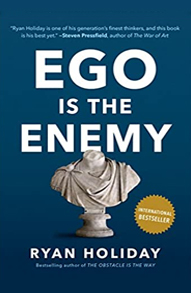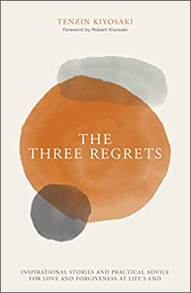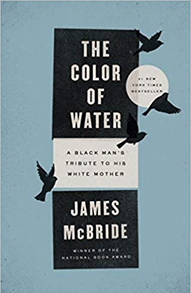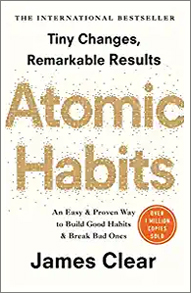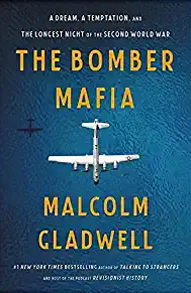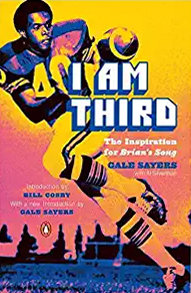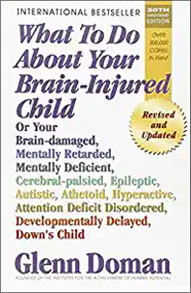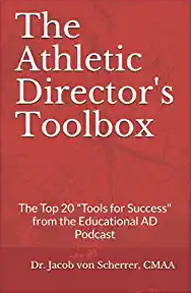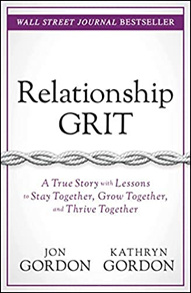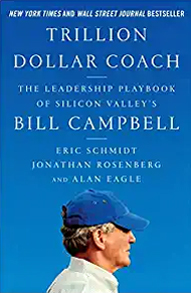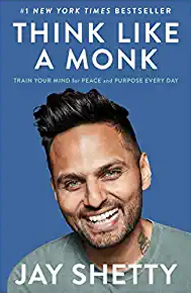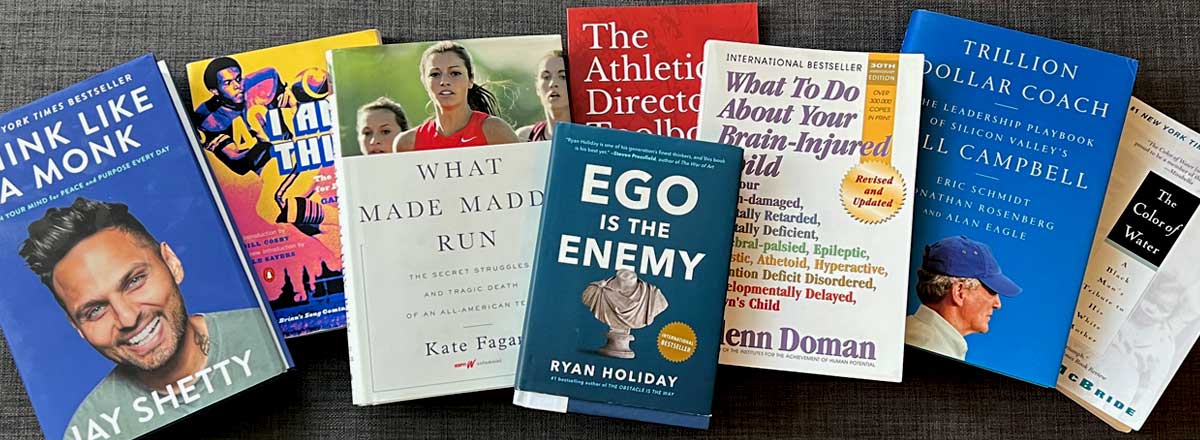
What Lance Read in 2021
I am taken aback by how often people ask me what book(s) I am reading. I suppose this can be an interesting question to ask an author, but I am a fairly private person in this regard and don’t necessarily think of my reading choices to be of interest to anyone else.
I was recently reminded, however, that “good teammates share”—even when the information seems irrelevant to them—because others can benefit from learning about their experiences.
For that reason, I have since resolved to embrace the notion that others may find my reading list useful and am therefore happily sharing the list of books I read this year.
First, a few caveats…
• I read for the sole purpose of learning. That means I choose my books with the expectation of them helping me become a better version of myself. That also means that I generally only read non-fiction.
• I try to avoid reading books that are in in the same genre that I write while I am concurrently working on a manuscript—something I have been doing for most of the last year. It’s not that I dislike those books or see them as competition, I don’t want their material to inadvertently or subconsciously influence my writing style. (*For the record, I am the biggest fan of those books!)
• I have a busy a schedule. Like many of you, my life is filled with work and family commitments. Time is a premium and does not allow me to read whenever I want. I am also a slow reader. My goal is to read a book per month.
• I don’t continue to read books I don’t like. In the past, if I started a book and it was uninteresting to me, I continued to forge ahead through the monotony until I finished it. I no longer subscribe to this practice (*Advice I got from Gretchen Rubin!). Now, I simply stop reading the book if I don’t find value in it. This note is significant because I finished every book listed below and found value in every one of them.
• Finally, what’s listed below is not a full book review. But I did try to share a key take away from each book.
Ego Is the Enemy
by Ryan Holiday
Goal visualization is important to strategic growth, but it can lead to fantasy and confusion for creatives. They start to think they have already accomplished what they have not. Being cognizant of ego can keep this from happening.
The Three Regrets
by Tenzin Kiyosaki
Every page of this book compelled me to reflect on my life and evaluate what I should deem as “important.” In our final hours, we fret more about the things we didn’t do rather than rejoice about the possessions we acquired.
The Color of Water
by James McBride
The passage of time provides us with an empathetic perspective on the lives of our ancestors. Sometimes we resent those whom we should revere. Other times, we should revere those whom we mistakenly resent.
Atomic Habits
by James Clear
We are ultimately defined by the stacking of our tiny, routine, micro-habits. The key to change is understanding why you have the micro-habits that you have, and then finding a way to incorporate better ones.
The Bomber Mafia
by Malcolm Gladwell
Complex problems are rarely resolved by simple solutions. This book made me realize how crucial it is to see issues from alternative perspectives and to appreciate the burden and complexities of making difficult decisions.
I Am Third
by Gale Sayers
As this book was written several decades ago, I felt saddened that many of the inequity issues discussed in it are still prevalent today. I was also reminded of the impact a coach’s motto/catch phrase/axiom can have on a player’s life. “The Lord is first. My friends are second. I am third.”
What to Do About Your Brain Injured Child
by Glen Doman
I have been oblivious to the power and inner workings of the human brain. Human beings, children in particular, are capable of so much more than the society’s expected standards. Too many of us are underachieving because of our own ignorance.
The Athletic Director’s Tool Box
by Dr. Jake von Scherrer
The importance of developing meaningful relationships cannot be understated. It’s much easier to manage problems with those whom you have already developed a connected relationship.
Relationship Grit
by Jon and Kathryn Gordon
I was inspired by the candidness of the authors. Their willingness to be vulnerable and authentic was reassuring. Marriages, like all great relationships, must be predicated on a commitment to purpose and service.
Trillion Dollar Coach
by Eric Schmidt, Jonathan Rosenburg, and Alan Eagle
The most successful people possess the humility to seek and accept coaching. Many of the attributes that make a great sports coach transfer into business and life. Principles of success can be taught and learned.
What Made Maddy Run
by Kate Fagan
As the father to two daughters, this book hit home with me on many, many levels. It has led me to be even more intentional about staying connected to my daughters’ lives. Suicide is a complex issue and it behooves us all to be aware of the social expectations we put on young people as well as those they put on themselves.
Think Like a Monk
by Jay Shetty
I became increasingly aware of the importance of discovering and pursuing your dharma—the intersection of your natural talents, passions, and purpose—and using your gifts to serve the needs of the universe. Until you understand yourself, you won’t be ready for love in any of your relationships.
One final note…
In addition to the twelve books listed above, I also read a number of manuscripts fellow authors have sent me throughout the year for feedback and endorsements. I am excited for the forthcoming publication of those manuscripts and look forward to sharing them with you in the future.

